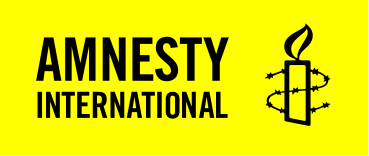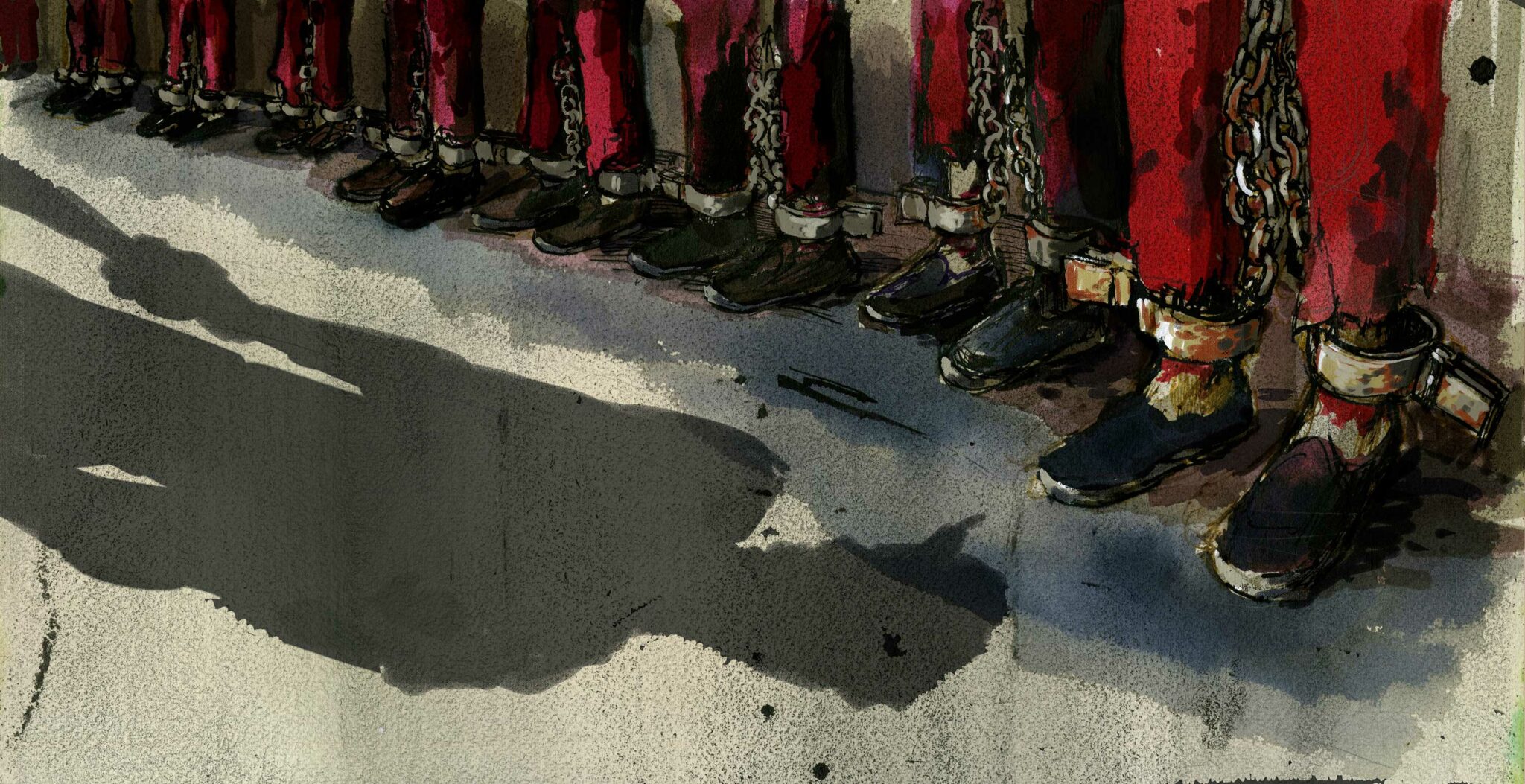Restrictions on the right to privacy and to freedom of expression
The government attempts to restrict all personal digital communication to apps and platforms that it can access and monitor, including WeChat. [[[Human Rights Watch, China: Big Data Program Target’s Xinjiang Muslims – Leaked List of Over 2000 Detainees Demonstrates Automated Repression, 9 December 2020 →; Darren Byler, The Guardian, “China’s hi-tech war on it Muslim minority: Smartphones and the internet gave Uighurs a sense of their own identity – but now the Chinese state is using technology to strip them of it,” 11 April 2019 →]]] Journalists have also reported that people have been made to install an app called Clean Net Guard, which provides the government with access to the contents of the user’s phone and also informs users when they are viewing “inappropriate” content. [[[William Drexel, Uyghur Human Rights Project, “Kashgar Coerced: Forced Reconstruction, Exploitation, and Surveillance in the Cradle of Uyghur Culture,” June 2020 →; Megha, Rajagopalan, BuzzFeed News, “China is Forcing People to Download An App That Tells Them to Delete “Dangerous” Photos: The Surveillance app, the name of which literally translates to “web cleansing,” scans for photos and videos and dispatches all the information to a mysterious outside server,” 9 April 2018 →]]]
Former detainees told Amnesty they were required to provide the government with their phone numbers and social media accounts. [[[Amnesty International interviews.]]] “People from [our neighbourhood committee] came to every household and got all our WeChat [account IDs] and our social media account information,” Kunsulu told Amnesty International. [[[Amnesty International interviews.]]]
According to numerous former detainees Amnesty has interviewed, having unsanctioned software installed on one’s phone – including VPNs and encrypted messaging platforms such as WhatsApp – was grounds for being detained and sent to an internment camp (see Chapter 3). Journalists have reported that not having a smartphone can also be viewed as suspicious, as can throwing out a SIM card, having a SIM but not using it, or activating multiple SIMs in a year. [[[Uyghur Human Rights Project, “The Mass Internment of Uyghurs: ‘We want to be respected as humans. Is it too much to ask?” →]]]
Former detainees told Amnesty that government officials told them not to visit some websites, especially those related to Islam or certain aspects of Turkic Muslim culture. “We were forbidden from visiting certain websites… And on your phone you can’t write anything about the Qur’an or Allah, and certain words are forbidden. You can’t write anything about Kazakh heroes,” Kunsulu said. [[[Amnesty International interviews.]]]
Government agents regularly search the contents of phones owned by Muslims. Former detainee told Amnesty they were told they were sent to a camp for having religious content on their phones (see Chapter 2). According to journalists’ reports and leaked government documents, people have been sent to camps for being accused of belonging to certain WeChat groups. [[[Yael Grauer, The Intercept “Revealed: Massive Chinese Police Database – Millions of Leaked Police Files Detail Suffocating Surveillance of China’s Uyghur Minority,” 29 January 2021 →]]]



